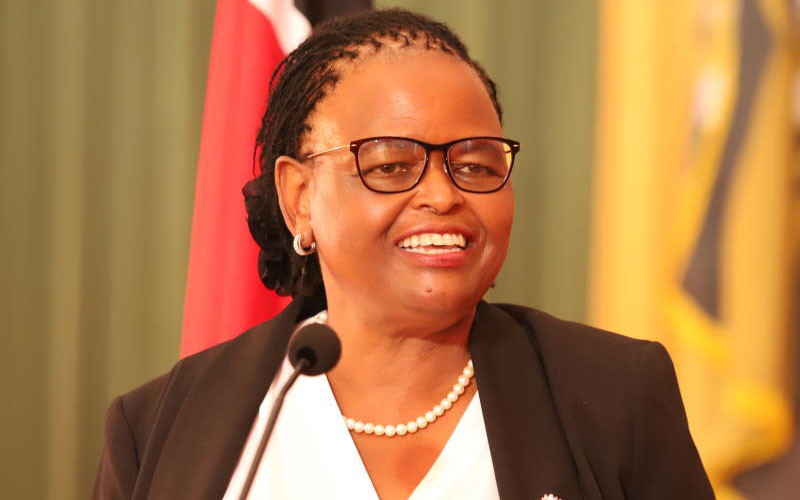Chief Justice Martha Koome. [Denish Ochieng, Standard]
×
The Standard e-Paper
Home To Bold Columnists

Chief Justice Martha Koome. [Denish Ochieng, Standard]
The importance of digitisation and the Internet for social and human development cannot be ignored. Digitisation of government and private sector services, including judicial services, is increasingly considered a key ingredient for modernisation of public and private sector processes and crucial for enhancing efficiency in service delivery.